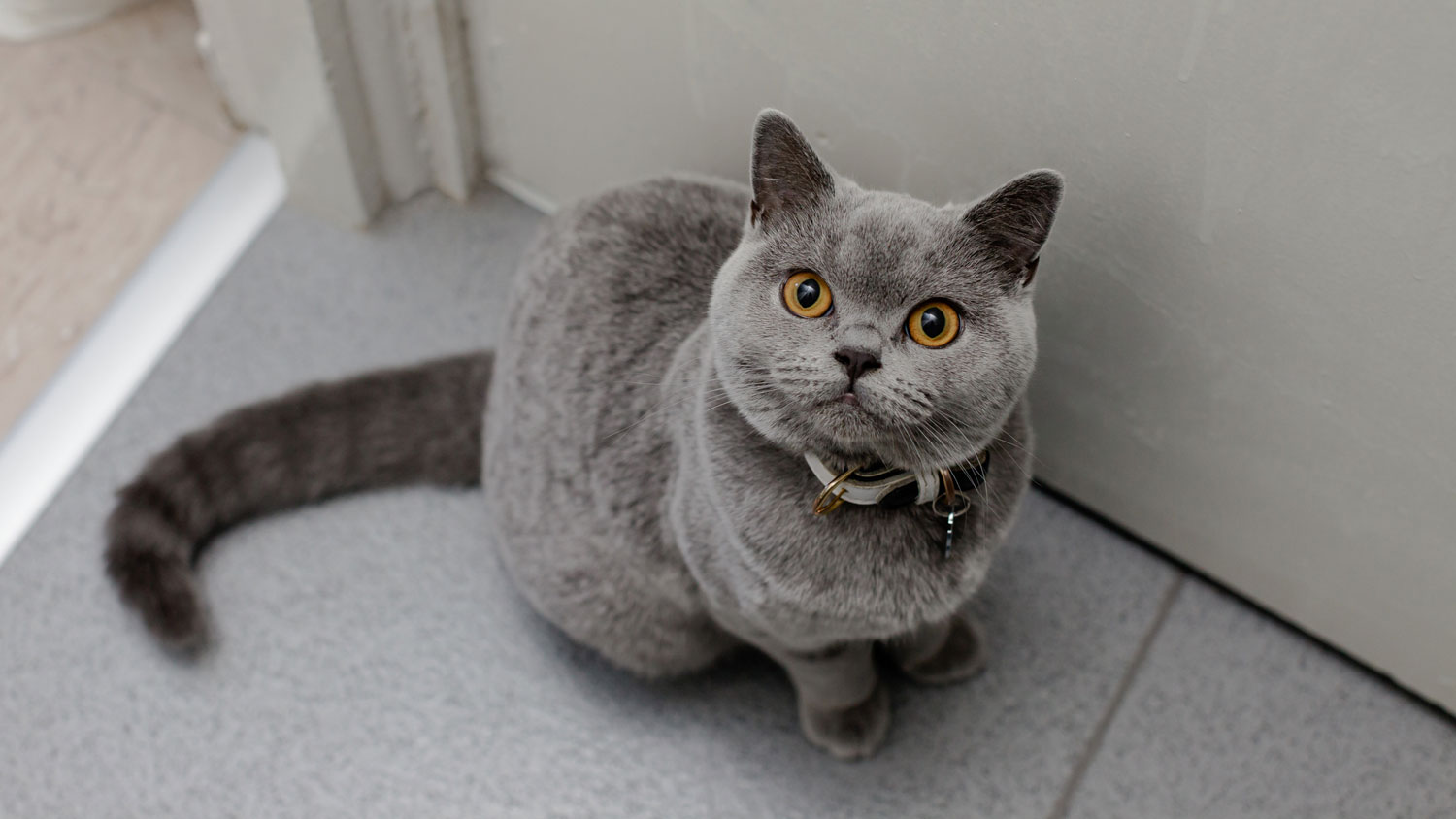Your cat can tell when you're talking to them, study finds
Although whether it actually cares is another matter altogether

One of the great mysteries of cat ownership is the question of whether your cat pays the slightest bit of attention to anything you say to it. While dogs clearly know when you're speaking to them and respond accordingly, with cats it's a lot harder to tell; sometimes they might come when they're called, and at other times you can spend ages standing at the back door, calling them and tapping on a cat food bowl, to no effect.
But a new study from France suggests that cats can indeed tell when you're speaking to them, but as with so many cat-related matters, it's a little more complicated than that. The study, led by Paris Nanterre University, discovered that cats will react to their owner's voice, but only when they're speaking in a tone directed at the cat. However they'll pay no attention a stranger speaking to them, and neither are they remotely interested in their owner's voice if it's directed at another person.
Confused? Don't be; it's mainly to do with the specific tone of voice we use when addressing our cats, as opposed to the tone we speak in to other humans. We tend to speak to our cats in high, lilting tones with shorter words and a lot of repetition (much the same as we use for speaking to children and other pets), while when we talk to other adult humans it's in lower, more measured tones.

To work out how cats react when they're spoken to, the study focused on 16 indoor cats, and researchers recorded their owners' voices when they were speaking to their kitties; they then got the owners to say the same phrases again, but in their normal talking-to-humans voices. Next they recorded strangers saying the same phrases in the same tones, and finally played the recordings back to the cats to see what happened.
The study found that when they played recordings of the cats' owners speaking in cat-directed tones, the cats reacted – their pupils dilated, they turned their ears towards the speakers and they moved across the room towards the speaker. However, when the researchers played recordings of strangers saying the same phrases in the same tones, the cats weren't interested – suggesting that cats can tell their owners' voices from those of other humans.
And when the researchers played recordings of the cats' owners speaking in human-directed tones, the cats showed little interest; however their interest increased when the recording was switched to one of the owner speaking in cat-directed tones again. But when exposed to recordings of strangers switching between human-directed and cat-directed tones, the cats displayed a complete lack of interest all round.
What all this suggests is that your cat bonds more strongly with you than you might think; it definitely pays attention when you're speaking to it, but it can also tell when you're speaking to someone else, and switches off. And when it comes to strangers, it's simply not interested in anything they have to say.
Get the best advice, tips and top tech for your beloved Pets
You can find out more about this study at Earth.com, or you can find the original report here.
Jim is a writer, performer and cat-wrangler based in Bath, who last year adopted a pair of sibling rescue cats who turned out to be effectively feral, and has spent a lot of time since then trying to get them accustomed to people (some success) and each other (ongoing project).

